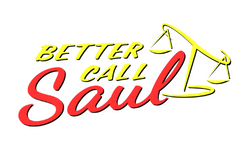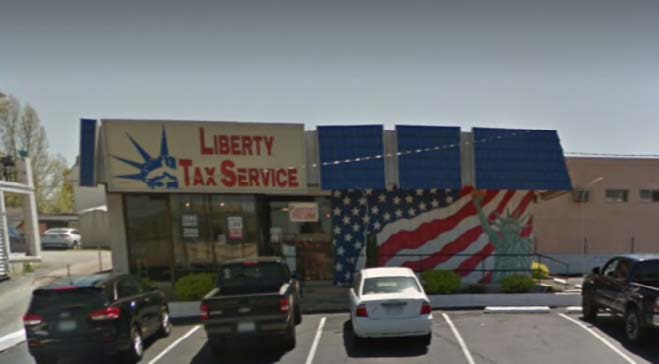 Television and film studios have rigorous rules regarding the use of intellectual property belonging to others. Rights clearance activities are often assigned to a team of lawyers to ensure that the studio has acquired the appropriate rights to all third-party intellectual property that might appear in a production. Otherwise, the studio bears the risk of being sued for infringement and other intellectual property-related causes of action.
Television and film studios have rigorous rules regarding the use of intellectual property belonging to others. Rights clearance activities are often assigned to a team of lawyers to ensure that the studio has acquired the appropriate rights to all third-party intellectual property that might appear in a production. Otherwise, the studio bears the risk of being sued for infringement and other intellectual property-related causes of action. So what happened in Better Call Saul? If you’re a fan you may recall Episode 2, Season 6 in which Saul Goodman (aka Jimmy McGill), visits “Sweet Liberty Tax Services,” owned by the Kettlemans. Mr. Kettleman is a convicted felon and the whole purpose of the Sweet Liberty Tax Services enterprise was to embezzle tax filers’ refund checks. You can imagine that the real-life Liberty Tax Services didn’t believe that imitation is the sincerest form of flattery. In August 2022, JTH Tax LLC, owner of Liberty Tax Service, sued AMC Networks, Inc. and Sony Pictures Television Inc. for trademark infringement, trademark dilution, and defamation arising out of the Better Call Saul episode. Here’s what JTH alleged in its complaint:
Out of all the names Defendants could have used for the tax business portrayed in Episode 2, they decided not to be original at all, but instead ripped off the famous Liberty Tax trademark, which had been used for over 25 years, and mimic an actual Liberty Tax location just by adding the word “Sweet” in front of the Liberty Tax’s trademark. As shown in Figure 1 below, Episode 2’s “Sweet Liberty Tax Services” is virtually identical and indistinguishable from an actual Liberty Tax Service location as shown in Figure 2.
Here are the pictures referred to in the quote:


You judge for yourself whether the two images reflect confusingly similar portrayals of the plaintiff’s trademarks. In addition to the claim for trademark infringement and dilution, JTH also alleges a claim for defamation, which we will not discuss here.
The defendant television studios responded in a motion to dismiss the complaint, arguing that the subject episode is protected by the First Amendment. Moreover, the episode ends with a disclaimer reading in part
THE CHARACTERS AND INCIDENTS PORTRAYED AND THE NAMES USED HEREIN ARE FICTITIOUS, AND ANY SIMILARITY TO THE NAME, CHARACTER OR HISTORY OF ANY PERSON IS ENTIRELY COINCIDENTAL AND UNINTENTIONAL
The Defendants claim that this language in and of itself is a complete defense to Plaintiff’s allegations.
So, are a television studio’s infringements actually protected by the First Amendment? Why does it need to do intellectual property clearance, then? Why have a disclaimer? Despite the case law cited by AMC, the very fact that we can raise these questions suggests that the first amendment and a disclaimer are not a complete defense. Indeed, JTH argues that very point in its motion to dismiss. A leading case on the topic, Rogers v. Grimaldi, argued by both sides, holds, according to JTH, that trademark use in an artistic work is prohibited only if
(1) the trademark has “no artistic relevance” to the subject work or (2) if there is artistic relevance, then use of the marks in the subject work “explicitly misleads.”
Predictably, AMC argued in response that use of the Sweet Liberty Tax Services’ trademark had artistic relevance and did not mislead viewers into believing it is Defendant’s tax service; JTH argues the opposite. These are clearly factual questions that will not be resolved on a motion to dismiss. How this shakes out will be the subject of a future edition of our newsletter. Keep posted.
— Adam G. Garson, Esq.

